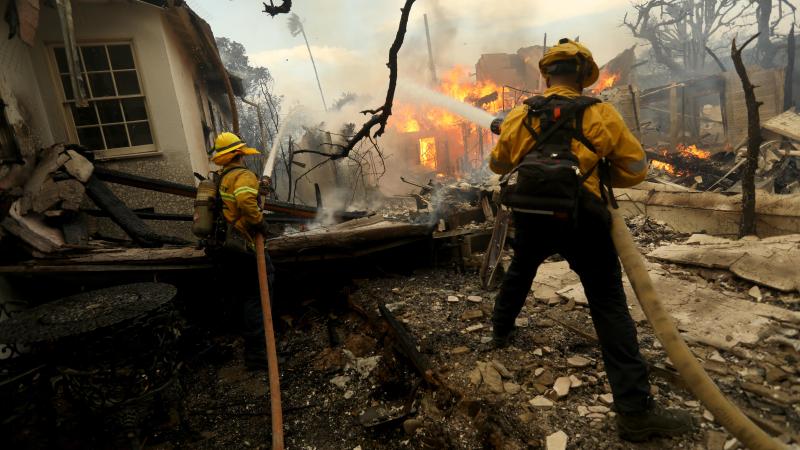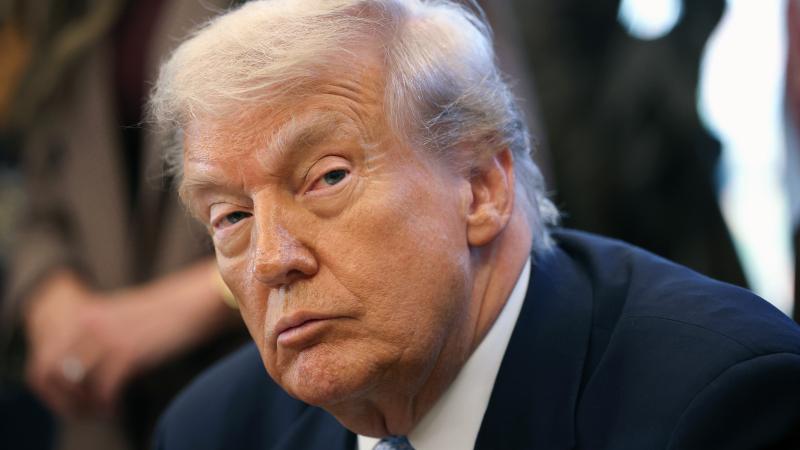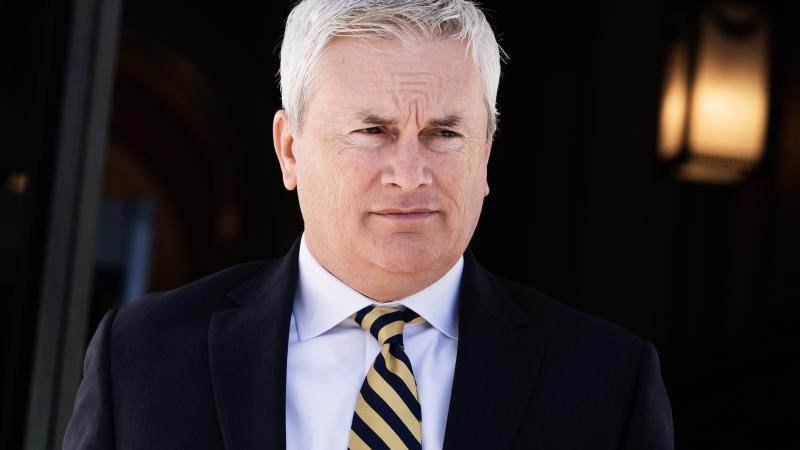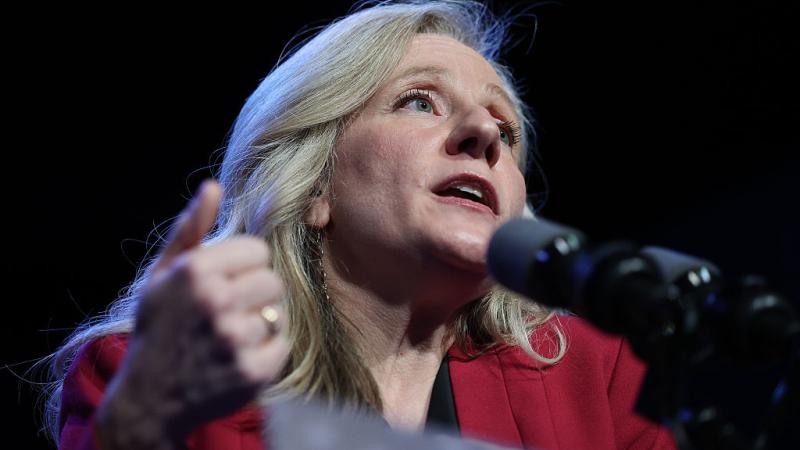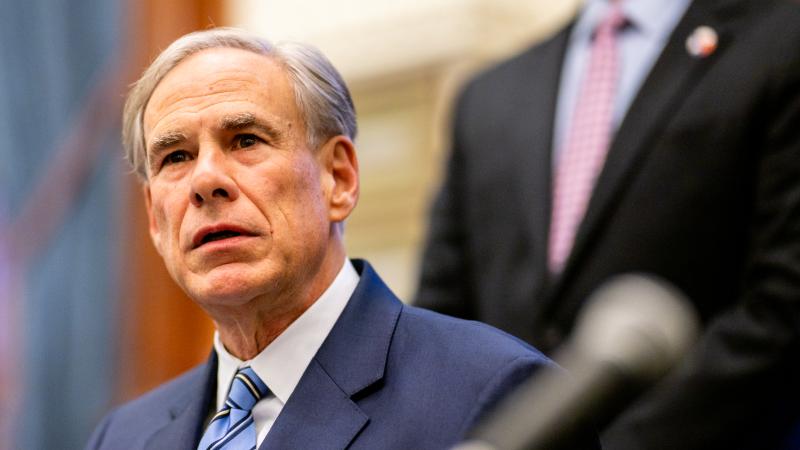In Europe, conservative political parties backing environmental policy with pragmatism, not protest
In U.S., younger conservative voters, business leaders are increasingly acknowledging climate risks and are "working to reframe environmental responsibility as compatible with free-market principles."
Environmental activism in Europe has – until recently – long been defined by headline-grabbing stunts like blocking highways or climbing to the top of tall structures. But now, conservative European political parties and think tanks are increasingly staking claims by backing environmental policy through pragmatism, not protest.
Today, more European environmentalists are wearing suits, talking about nuclear power, and quoting data points on energy efficiency. They’re re-framing environmental challenges as engineering problems rather than an ideological crusade.
Starting in 2022, attacks on energy infrastructure and skyrocketing energy prices tied to the war between Russia and Ukraine made energy resilience and security top priorities in Europe.
In the United States, conservative and Republican leadership has historically leaned toward deregulation and an expansion of fossil fuel production, citing economic growth and energy independence as primary concerns. "But with younger conservative voters and business leaders increasingly acknowledging climate risks, conservative-leaning groups including the American Conservation Coalition are "working to re-frame environmental responsibility as compatible with free-market principles. Their approach favors innovation, carbon capture technologies, and market-driven solutions over government mandates, aiming to counter the perception that climate action is solely a left-leaning priority, according to a recent story in Environmental Health News.
In Europe, the war “turned post-pandemic energy shortages into a full-blown energy crisis,” according to a report from the International Monetary Fund.
The crisis forced countries to rethink the continent’s use of nuclear power: France abandoned its 2015 pledge to reduce its dependence on nuclear power and is instead ramping up Europe’s largest nuclear energy system and Finland began assessing sites for nuclear plants near the capital. In the Netherlands, there are plans to extend the life of its lone nuclear power plant and unveiled plans for two more; while in the U.K., Wales was chosen as the site for pilot projects using “small modular reactors” for power.
Development in Italy may be the most dramatic of all: The country was a nuclear energy pioneer, building its first power plants in the early 1960s. But after the 1986 Chernobyl nuclear disaster, it voted to shut down its reactors, with the last two closing in 1990.
But now, Italy has started the process of reintroducing nuclear power by the early 2030s. If that happens, Italy will be the first country to ever use nuclear power, phase it out, and then reintroduce it.
“Anything we can do to make ourselves more independent of natural gas we have to do, and nuclear is one way,” Adel El Gammal, professor of energy geopolitics at the European Energy Research Alliance told Euronews.
Critics counter that the trend risks underestimating the urgency of climate deadlines. New reactors won’t be operational for years, and technocratic solutions can obscure the social and environmental costs of consumption.
But right-of-center environmentalism in Europe goes beyond accelerating the development of low-emissions nuclear power. It is also motivated, proponents say, by growing fatigue with disruptive protest movements and what are seen as impractical climate policies. It is largely focused on broad goals of environmental stewardship, economic and political stability, and national sovereignty.
The loss of Russian gas forced a reckoning. A country reliant on imported fossil fuels – Germany and Italy were the continent’s two largest importers of Russian gas before 2022 – is strategically exposed.
Terms being used for the trend that also includes reforestation and technological innovation include “Eco-Pragmatism” and “Green Realism.”
“This momentum must now be converted into a comprehensive and enabling European framework for nuclear development, exploring essential policy dimensions including financing,” according to a 2024 joint statement from pro-nuclear European member states.
The Facts Inside Our Reporter's Notebook
Links
- blocking highways
- climbing to the top of tall structures
- reframe environmental responsibility as compatible with free-market principles
- according to a recent story in Environmental Health News
- a full-blown energy crisis
- 2015 pledge to reduce its dependence on nuclear power
- assessing sites for nuclear plants
- extend the life of its lone nuclear power plant
- pilot projects using âsmall modular reactorsâ
- reintroducing nuclear power
- make ourselves more independent of natural gas
- Eco-Pragmatism
- Green Realism
- This momentum must now be converted

